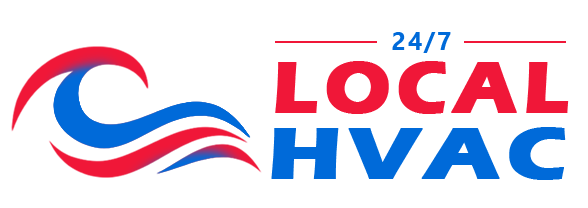The Home Buyer’s Guide To HVAC Inspection [With Pictures]
Moving into a new home is an exciting time in your life. But it can also be a rather stressful and expensive process. Often, homeowners find themselves buried under unexpected expenses after purchasing a new home. How does this end up happening? Home inspectors frequently fail to notice that important systems may need maintenance, repairs, or replacement during the standard preliminary home inspection. That's why you need an HVAC inspection before you move into your dream home.
What is HVAC Inspection?
A home HVAC inspection is an in depth evaluation of all the working parts of your home's cooling and heating systems. A certified HVAC technician inspects the HVAC system to determine the system's age, evaluates the cleanliness of each component, checks the function and condition of each system component, and inspects the safety mechanisms.
Why Does A Home Buyer Need An HVAC Inspection?
An HVAC inspection is a great way to avoid the surprise expenses and stress from dealing with an old, malfunctioning, or broken HVAC system. This thorough evaluation will be able to determine the efficiency and condition of each part, and whether or not to expect replacement, costly repairs, or high utility bills when you settle in.

Something is wrong! High utility bills can be a red flag you have an HVAC problem.
A standard home inspection is necessary for discovering any glaring problems before move in day. The inspector will assess the roof, structure and foundation of the home, as well as test to make sure all plumbing, electrical work, and HVAC equipment are functioning. This is a general evaluation that simply tests if the HVAC equipment turns on and off. Although a home inspection is important, the inspector is not an HVAC technician, nor do they possess the HVAC tools required to thoroughly evaluate and understand your Heating and Cooling system.
Your HVAC system is central to your comfort; give it the attention it deserves. Depending on the status of the HVAC unit, you may also be able to negotiate on better terms and potentially save money on the house purchase. So let's learn what a HVAC specialist evaluates during an HVAC inspection!
Furnace Inspection
Thermostat
To start off, it is important to make sure that your thermostat works properly. The contractor will test the device and inspect any internal wiring in order assess if everything is functioning as it should. During a standard home inspection, the heat or AC may come on, but you will not be able to determine if the thermostat is reaching it set temperature or not.
Furnace Cabinet
Next, the HVAC technician examines the structure and connections of the cabinet. This is important to inspect because it is where the internal furnace components are located.
Furnace Electrical Components
While inside the furnace cabinet, the HVAC professional evaluates all electrical connections and test all safety features, such as the high limit switch. This safety feature turns the furnace off when it is overheating.

HVAC Pro inspecting High Limit Switch
Furnace Blower Wheel
Next, they assess the cleanliness and efficiency of the furnace blower wheel. The blower wheel pushes the circulating air through your HVAC system and back into your duct work. If it is not working properly you will have HVAC will struggle to keep up with the demands of your household, and your utility bills will skyrocket.

HVAC Pro checking Blower Wheel efficiency
Furnace Ignition
They must inspect the cleanliness and functionality of the burners, flame sensor, and igniter. When any of these features become dirty it can lead to your furnace blowing cold air or inconsistent heating. This is the reason regular maintenance is important for preventing a heating repair.
Furnace Exhaust Venting & Heat Exchanger
Next, the HVAC contractor inspects the condition of the flue pipe, and cracks or holes in heat exchangers. Carbon monoxide will leak out any cracks or holes in the heat exchanger or flue pipe.If you want peace-of mind, hire only HVAC professionals who know what they're doing so you aren't at risk for carbon monoxide poisoning or a gas leak.

Checking the Heat Exchanger for cracks
Gas & CO Test
Safety checks are conducted by your HVAC contractor to determine if there is a gas leak or Carbon Monoxide leak. This is critical for your safety since gas is explosive and Carbon Monoxide poisoning is fatal. Both can have deadly consequences if not addressed. Additionally, they assess if the CO detectors in home are functional.

Checking for gas leak.
Air Conditioning System Inspection
For your air conditioning inspection, the HVAC specialist inspects your AC system's Evaporator Coil, which is located indoors above the furnace. If it's frozen, dirty, moldy then you're in trouble! You'll have significant air flow problems if this goes untreated for too long.
AC Evaporator Coil

HVAC Pro checking the Coil for cleanliness.
AC Drain Pan
The AC drain pan is a common source of leaks and mold. So during an HVAC inspection, the HVAC inspector assesses the condition of your AC drain pain, before water potentially leaks all over your new home. This is a common sources of AC dripping water.
AC Condensation Line
Examining your condensation lines is an important step to ensure you stay comfortable and don't experience any water leaks. The HVAC contractor takes a look at the line to see if it's clogged, has loose connections,cracks, or holes. They will also takes a deep look at the condensate trap and condensate drain or condensate pump to assess if they are clogged.

Pour water down the condensate drain line to test if it is clogged.
Outdoor AC Condenser & Blower Fan
For the outside AC system, the HVAC pro inspects the condition of the AC condenser unit. They go on to evaluate the efficiency and condition of condenser fan and fan motor.
AC Refrigerant Levels
Next they check the refrigerant levels. Many times when you run into AC problems, like AC freezing up or insufficient cooling , it is due to low refrigerant.
If you need to refill your refrigerant, it is important to know that the popular refrigerant Freon R-22 is now banned. Learn what that means for your AC here !

Checking Refrigerant Levels
AC Electrical Components
The HVAC specialist inspects and tests all electrical connections and wiring. They assess efficiency through measuring voltage and amp draws.

Testing the efficiency of the internal AC condenser wires.
The HVAC technician examines the motor capacitor and measures amps to make sure everything's in working order. A problem with your capacitor may cause your AC to make a humming sound, to randomly shut off, or not blow cold air or not even turning on.

Checking the capacitor
Air Flow Inspection
Inspecting for Duct Leaks & Testing for Proper Air Flow
During an HVAC inspection, an HVAC pro evaluates if your HVAC system has proper air flow. They do this by inspecting the external condition, testing the air temperature throughout the duct system, and testing the static pressure to ensure proper air flow.

HVAC Pro checking the temperature of the air in your duct system to ensure proper heating and cooling
Without proper air flow you could be paying high energy bills while still not receiving the comfort you deserve. This could be a result of leaky air ducts, incorrectly sized air ducts or HVAC system, or an air flow restriction. Next they will inspect your duct work for any damages.

HVAC Pro checking the static pressure in order to see if there are any leaks in the duct work
When checking your air flow, The HVAC technician assesses the furnace filter and determines if it should be replaced. They also evaluate all grilles, registers, and vents to make sure they are open and properly working, as well as that your damper is facing the correct direction.

HVAC Pro inspecting furnace filter
Common Problems Found in HVAC Inspection
In the long run, these common issues can cost you a lot of money, but are often missed by standard home inspections. Find out what problems you may encounter with your new home:
Gas Line Leak
A gas leak is very dangerous and can cause your home to explode if you are unaware.
Cracked Heat Exchanger

HVAC Pro finds rusty heat exchanger
A cracked heat exchanger is a safety hazard due to the Carbon Monoxide seeping out of the cracks. We can not stress enough how fatal Carbon Monoxide poisoning is. A cracked heat exchanger will need to be repaired immediately and it is a very expensive repair.
Exhaust Venting Problems

Rusty and deteriorating flue pipe
A rusted or loose flue pipe can cause carbon monoxide to escape into your home. It may even eventually make your HVAC system shut off due to the safety mechanisms in place. Learn more about preventable factors that shut down your furnace here.
Dying Blower Motor
Dirt strains the blower motor and it can ultimately lead your HVAC system not operating at all. And, the more dirt there is on your furnace blower motor the higher your energy bills will be. As a result, the heating and cooling unit becomes inefficient. This can often lead to unusually high energy bills, strange sounds coming from your HVAC system, and thermostat not reaching set temperature , and no heat.
Clogged Condensate Drain Line

HVAC Pro found clogged condensate line
The most common reason for a furnace leaking water is a clogged condensate line. A clogged drain can also cause your AC leaking water. A water leak may pose a risk for internal furnace damages and could lead to a cracked heat exchanger. A cracked heat exchanger is a very expensive repair.
Faulty Wiring
Dirty wiring or poor wire connections either in your thermostat, control board, or internal furnace or air conditioning will cause miscommunications throughout your entire HVAC system. HVAC wires and electronic components need to be cleaned, tightened, and adjusted periodically. This is why frequent maintenance is essential for a properly working HVAC system.
Under or Overcharged Refrigerant
If you have improper refrigerant levels, you will have cooling problems. If your AC has overcharged refrigerant, your compressor will work harder and suffer substantial damage. In this circumstance you will need an AC replacement.
If the HVAC Pro discover's low refrigerant, you may experience your AC freezing up , insufficient cooling, or frequent AC short cycling. Improperly charged refrigerant typically leads to a costly repair or total AC system replacement.
Cracked or Leaky Duct Work
Did you know a leak in your duct system or poorly connected ducts can cause 20 - 30% of the air that moves through them to be lost ? If you have a hole or loose connection in your duct work, then your money, comfort, and efficiency are gone with the wind.
Dirty or clogged filters

HVAC Pro inspecting furnace filter
Since HVAC units are used on a regular basis, it is highly likely that it's filters are dirty or clogged. Dirty filters are a seemingly small issue but can lead to your uncomfortable temperatures, aggravated allergies, your AC freezing up, utility bill increasing, and over all temperature discomfort. Air filter change outs should be happen minimally every 3 months.
Dirty or clogged
Evaporator
coil
The coil is the indoor part of your AC, typically located above your furnace. If it is dirty, clogged, or frozen, air will struggle to pass by and into your home. Therefore you will have inadequate heating and cooling and will need a HVAC repair to regain your comfort. This is an air restriction that will make you question if your HVAC system can keep up.
Dying HVAC System
It is very shocking how many homeowners inherit an HVAC system that is on deaths door. Many homeowners are unaware of how old their HVAC system really is. During an HVAC inspection, not only is the condition of the HVAC system evaluated, but the age is determined as well. This is critical information when determining when you will need to replace the HVAC system in your new home. If it is over 10 years old, it is highly recommended that you start considering replacement. This is the age that the cost of the problems you will experience aren't always worth the repair.
A thorough HVAC inspection will uncover these problems before you move in, but you should schedule yearly furnace maintenance and air conditioner maintenance to prevent these problems from arising once you're settled in.
How Much Does An HVAC Inspection Cost ?
HVAC Inspections an range between $100- $300. Inspections can range in price based on how in depth the evaluation is. Additionally, an HVAC inspection cost only covers the cost of one heating and cooling system. If a homeowner has multiple HVAC units for their new home, they will need a separate test for each system.
How Long Does An HVAC Inspection Take?
You might be wondering how long it takes to complete an HVAC inspection. Essentially, the time depends on the type of heating and cooling equipment, accessibility, overall condition, as well as how in depth the HVAC inspection is. Typically most HVAC inspections can take from 1-3 hours though they could go longer if there are multiple systems involved!
At the end of every HVAC inspection, the HVAC contractor will provide the homeowners with a System Health Report . It contains a thorough account of everything your technician examined and its current status.
The final report should have detailed information about each part's inspection status along with recommendations on how best maintain/service these components moving forward.

HVAC Inspection: System Health Report
What Are The Limitations Of An HVAC Inspection?
1. Accessibility
During the inspection of your HVAC system, some components may not be accessible, such as parts of your duct work.
2. Seasons
The inspection of air conditioning becomes more difficult when the outdoor temperature is below 60 degrees. Similarly, heating inspections are limited if outdoor temperatures reach 80 degrees or higher. This poses a problem because we can't inspect certain parts of the HVAC systems during different seasons; and it's important to know which season will pose limitations for HVAC contractors : summer & winter (high) versus spring & fall (low).
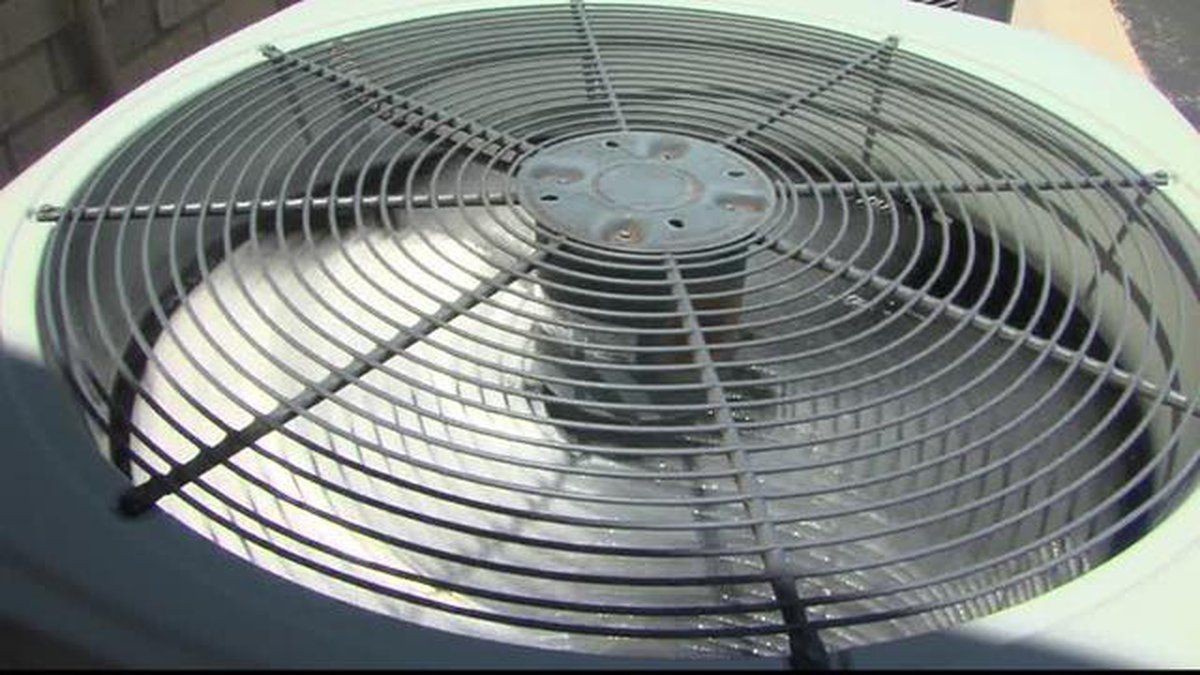

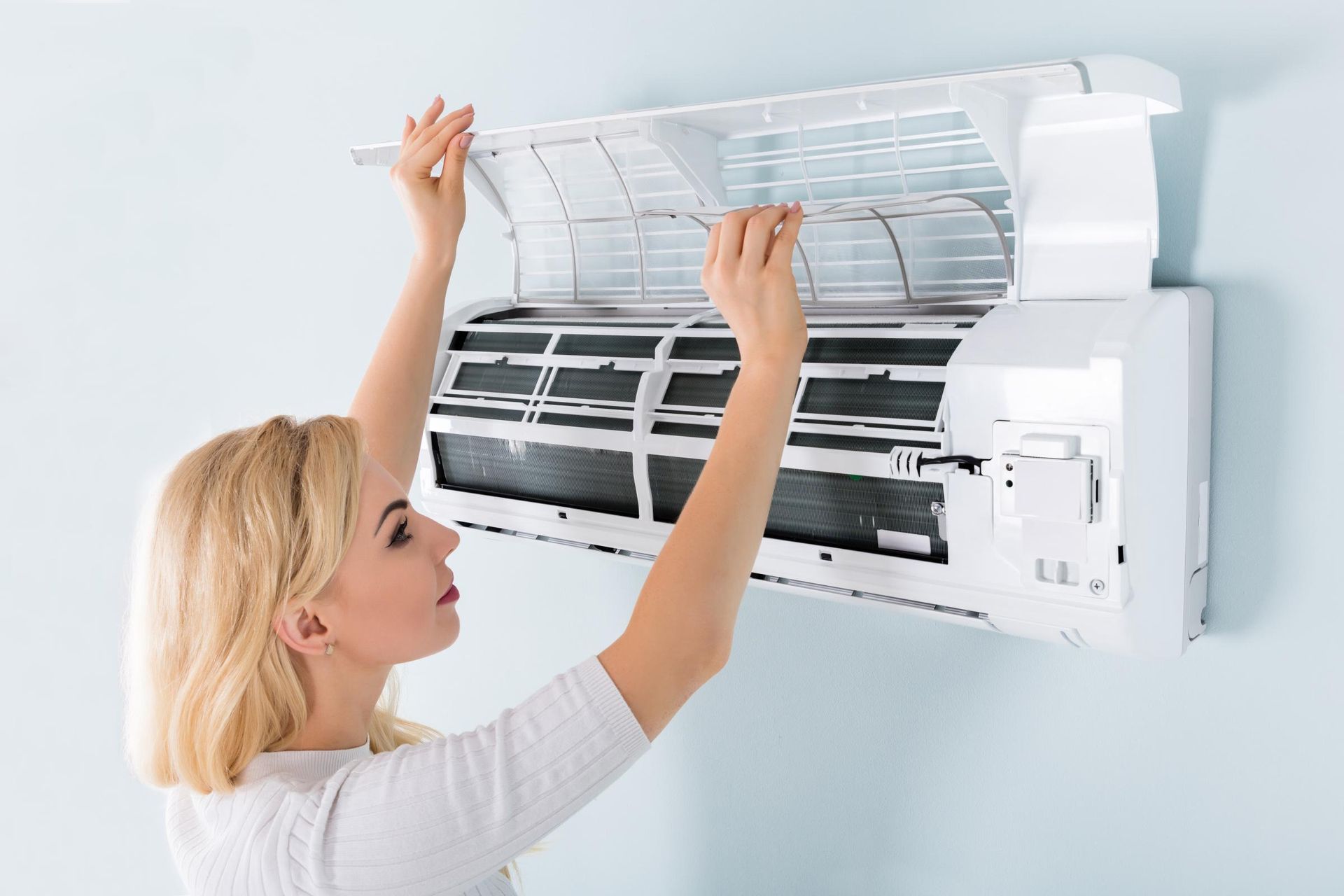
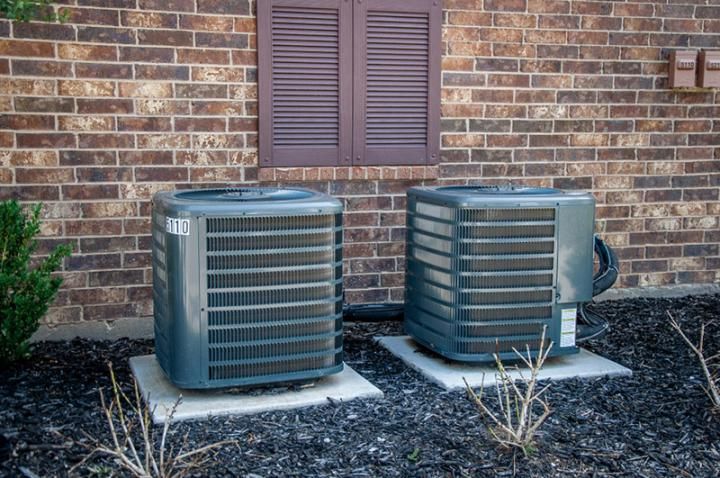

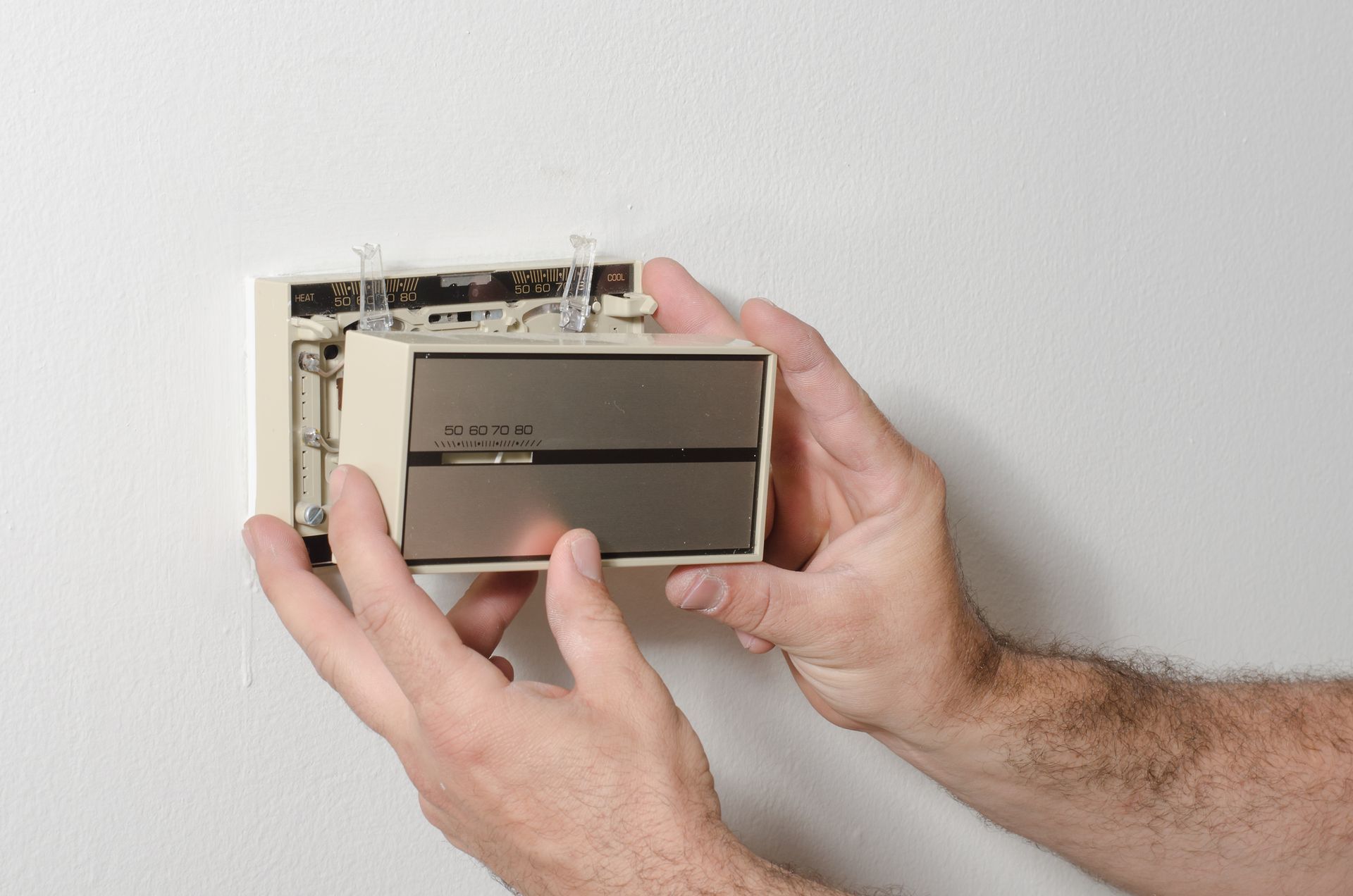

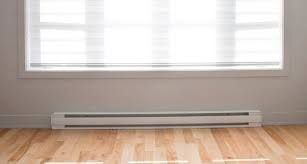
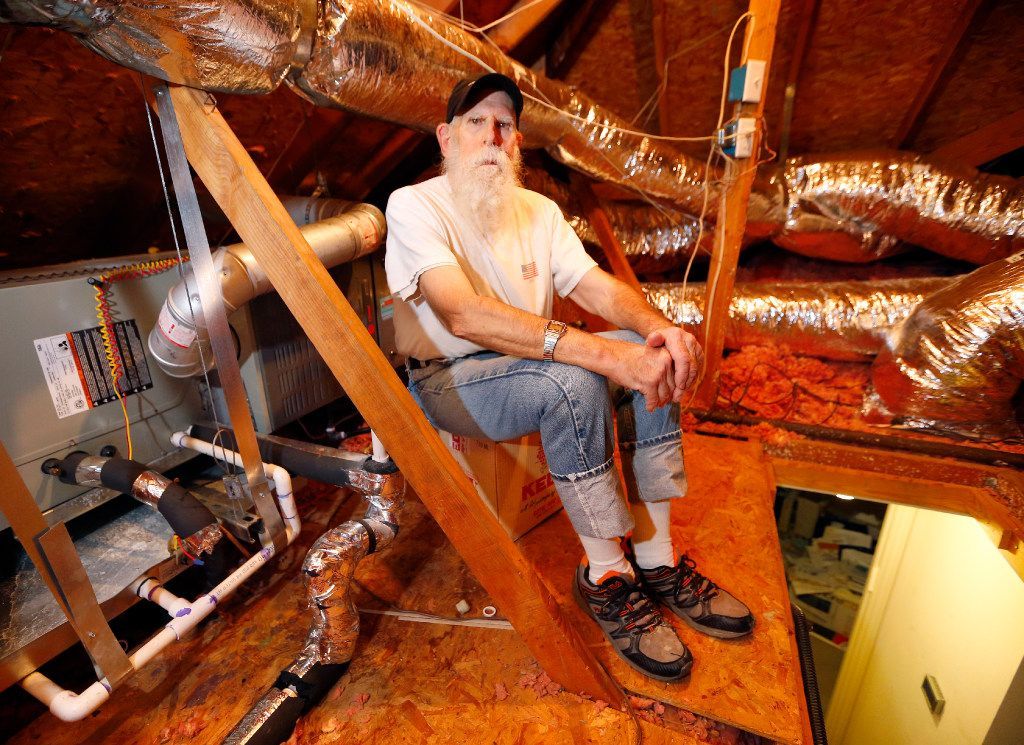

At 24/7 Local HVAC, we specialize in facilitating connections with top-tier HVAC professionals. Our focus is on bridging the gap between you and reputable HVAC companies operating within your local vicinity. It's important to emphasize that each of these HVAC entities functions independently and autonomously.
We firmly place the onus on every individual user to meticulously verify that any selected HVAC company aligns with the mandated licensing and insurance prerequisites stipulated by the governing authorities in their respective jurisdiction.
Furthermore, it's worth noting that our services may regrettably not cover all geographical areas. In instances where our services are available, the scope of offerings could potentially differ based on the composition of service providers present within that particular region.

